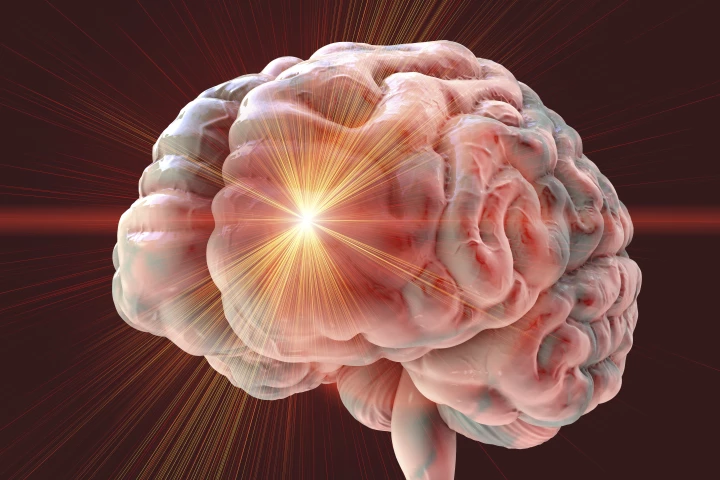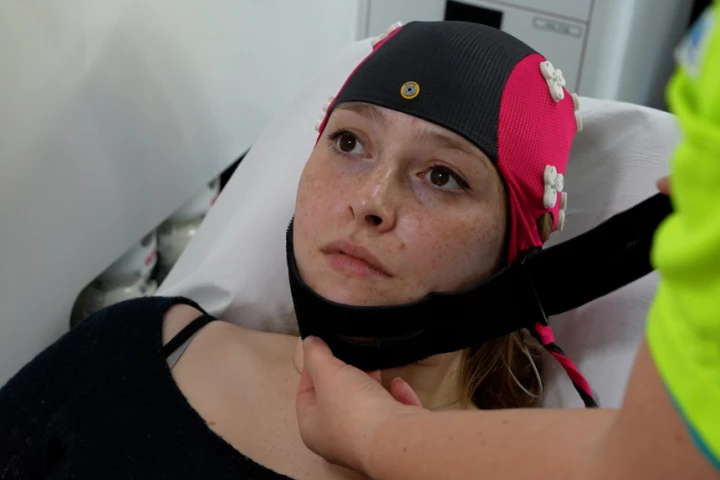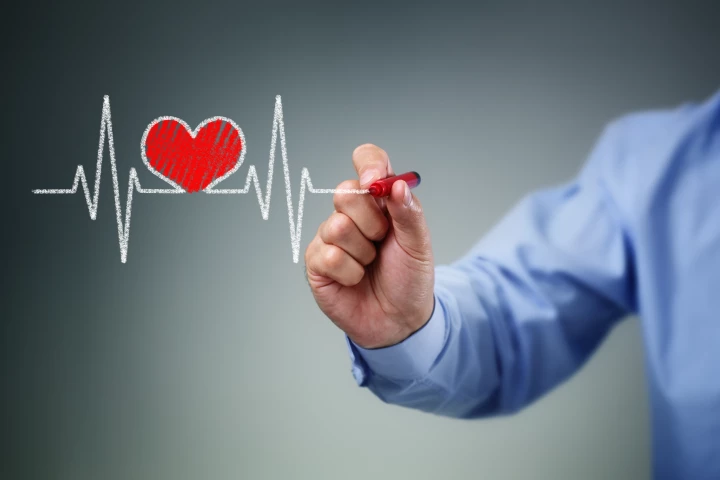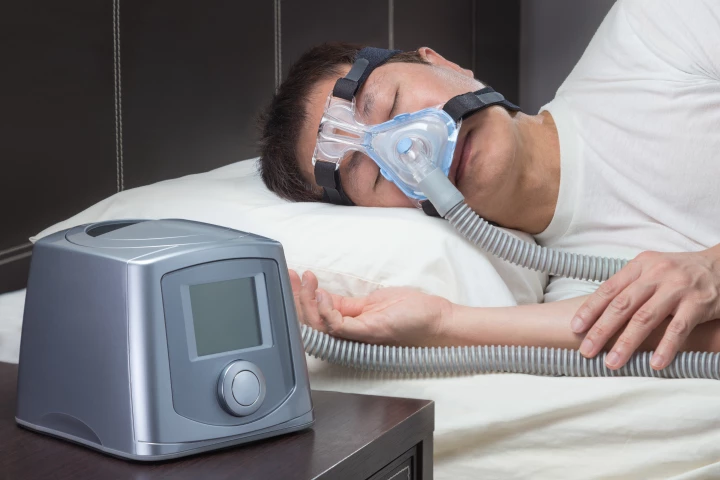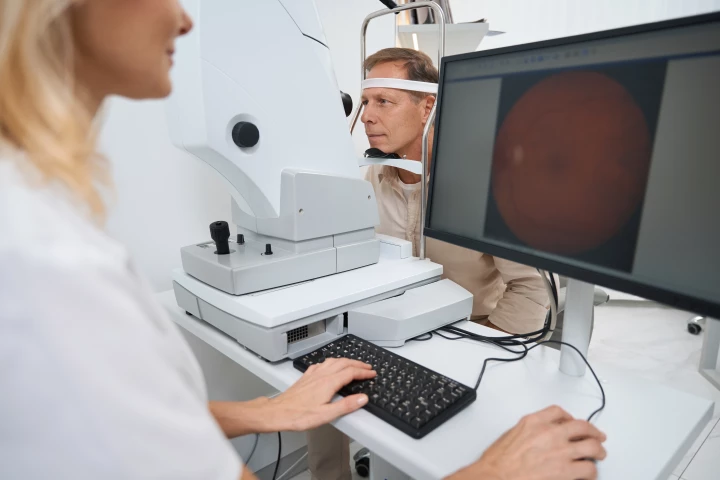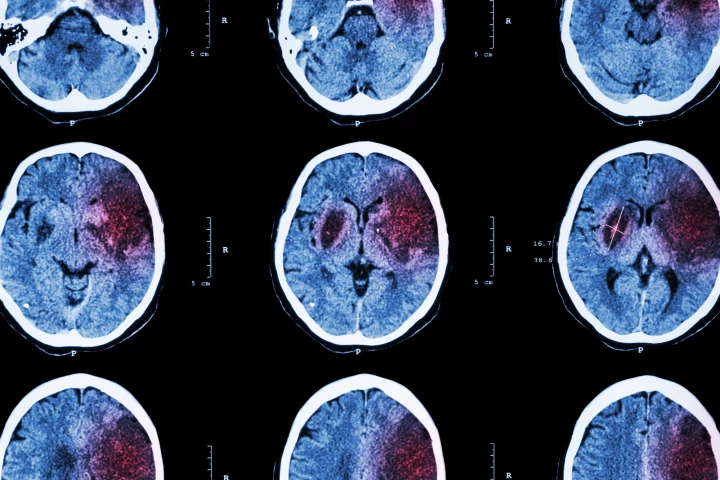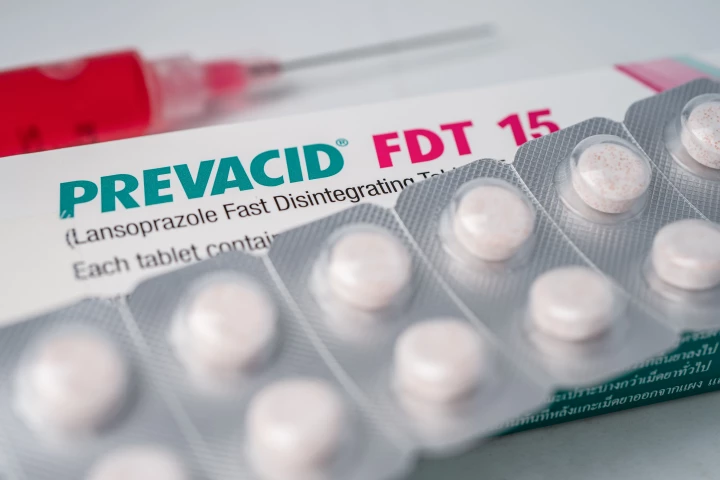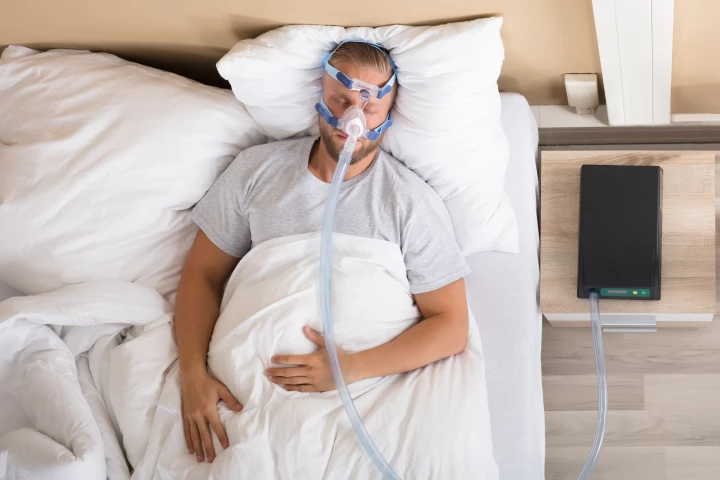Strokes
-
New research shows that waiting too long in the day to have your first or last meal could have a negative impact on cardiovascular health. The study, which used data from 103,389 people, says that every hour counts when it comes to your mealtimes.
-
In a significant development for brain health, scientists have found that hemorrhages can occur due to a faulty interaction between aged red blood cells and narrow capillaries. Injured or damaged blood vessels were thought to be the sole culprit.
-
When a person has suffered a stroke, the severity of that stroke has to be determined as fast as possible. A new brain-wave-reading cap was created with that fact in mind, as it allows strokes to be assessed before the patient reaches the hospital.
-
A high resting heart rate, considered anything above 100 beats per minute, has been linked to an elevated risk of serious cardiovascular conditions such as coronary artery disease and stroke. Knowing how genes impact this is vital for preventative care.
-
While effective in treating sleep apnea, continuous positive airway pressure (CPAP) machines are intrusive and disruptive, which is why 50% of patients give up on using the life-saving devices. A new study shows why they might be worth the discomfort.
-
For the first time, scientists have identified a marker in the retina that may lead to Parkinson’s disease, and it can be detected early, which could be life-changing for those at risk of developing this or other degenerative conditions.
-
While fans of Another Brick in the Wall (Part 1) may be horrified, researchers have recreated the song from brain activity. In the process, they discovered the way brains process rhythm and melody, which has huge implications for therapies.
-
Researchers have identified a new molecular pathway that stimulates injured brain cells to repair themselves after an ischemic stroke. The discovery may help limit or reverse the damage caused by the condition and promote recovery.
-
It's enough to give you heartburn: previously linked to a higher risk of stroke and heart attack, the prolonged use of common, popular acid reflux medicines has now been connected to an increased likelihood of developing age-related dementia.
-
Sleep apnea affects around 30 million Americans, but it can be incredibly difficult to treat, even more so given that devices used to alleviate it are given up on by nearly half of those diagnosed. Scientists are now proposing a different approach.
-
When you think exercise, holding your body still in a pose for a minute hardly springs to mind as a workout. But scientists have found that isometric moves such as wall sits and planks may be even better for your heart than both weights and cardio.
-
We know a diet rich in fruit and vegetables has broad health benefits. Now, a new study says that prescribing free fruit and veg to adults with type 2 diabetes could prevent 296,000 cardiovascular disease cases and save billions in health-care spending.
Load More

